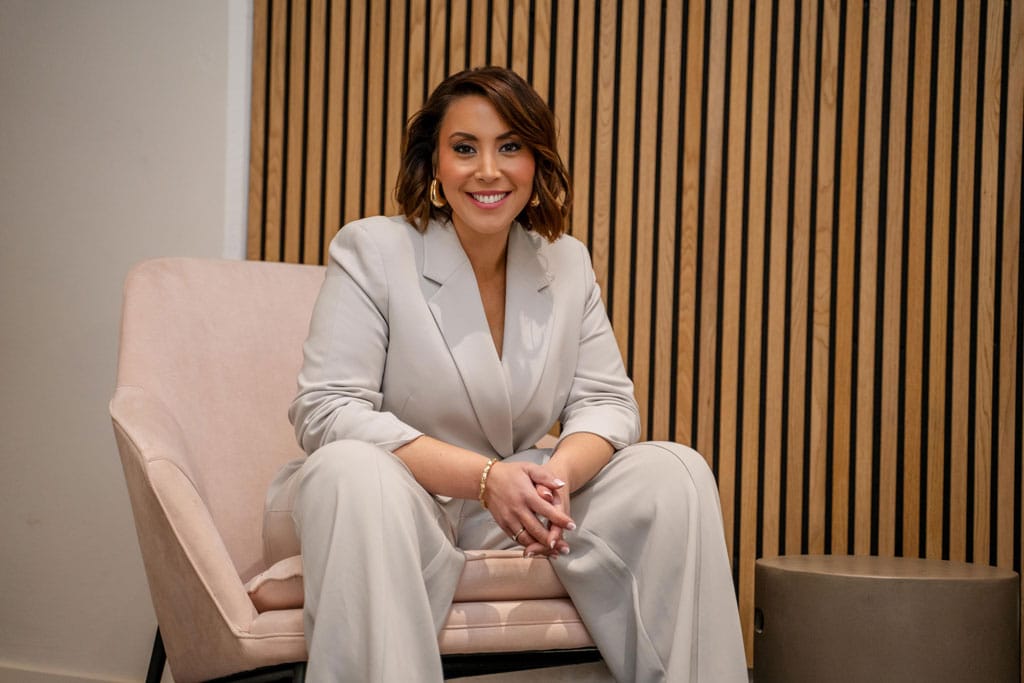8 Ways Leaders can Build Stronger Work Relationships

Work relationships are at the heart of everything we do. Whether you’re leading a team, collaborating with peers, or managing up, strong relationships fuel our wellbeing, growth, and performance—what I like to call the three pedals of excellence. Yet, relationships are often the forgotten factor when helping teams through change. Relationships are everything. When you get them right, work becomes easier, more fulfilling, and ultimately more successful. Here’s how to build better connections in a practical, meaningful way and help your team thrive through change.
- Recognise Your Stress Signals
Before you can build great relationships, you need to manage yourself. We all have moments when stress makes us react. Knowing your stress signals—whether it’s becoming short-tempered or withdrawing—helps you stay aware and prevent conflicts from escalating.Here’s a practical tip: Pay attention to your body and behaviour during stressful moments. Are you clenching your jaw, or feeling tense? When you notice these signs, take a deep breath or step away for a moment. Managing your stress keeps your relationships intact, especially during times of change when tensions are higher.
- Maximise Small Interactions: Quick Chats That Matter
Building strong work relationships doesn’t require long conversations. Some of the most powerful connections happen in short, spontaneous moments. Quick, quality chats—like “What part of work is energising for you?” or checking in on a colleague asking, “how do you recharge when things get stressful?”—can build trust over time.Make it a habit to connect regularly, even if it’s just for a couple of minutes. These moments show you care about the person, not just the work. During change, these small check-ins are critical to maintaining stability and trust.
- Make Meetings Meaningful
Most meetings can feel like time drains, but they are also opportunities to strengthen relationships. Effective meetings leave people feeling engaged and clear about next steps, especially during times of transition.Start with a defined purpose and clear agenda and make space for everyone’s input. After the meeting, ask participants how it went. This creates a sense of shared ownership and keeps the meeting focused. When meetings are purposeful, they reinforce the relationships that help teams thrive through change.
- Define Roles and Responsibilities Clearly
When roles aren’t clear, relationships suffer. Misunderstandings and frustration grow when responsibilities are vague, especially during change. A crucial part of building strong relationships is ensuring everyone knows their role and feels confident in their responsibilities.Take time to clarify roles within your team. Check in regularly to address any confusion or overlaps. This clarity helps teams run smoother, reduces frustration, and strengthens trust—essential ingredients for successful transitions.
- Honour Needs, Not Norms: Build Relationships by Recognising What People Really Need
Strong relationships are built by recognising and respecting individual needs rather than enforcing norms. What works for one person might not work for another, especially during times of change.Instead of sticking to the usual “norms,” ask your team members what they need to do their best work. Maybe it’s more flexibility or support during stressful times. By asking questions like, “What do you need to succeed?” or “How can I support you?” you show respect for their individuality.
Honouring needs fosters trust and psychological safety, allowing your team to feel comfortable and valued. This kind of trust strengthens relationships, creating an inclusive environment where everyone feels empowered to contribute, even in uncertain times.
- Engage Your Team by Listening
For true engagement, people need to feel heard. Listening to your team’s ideas and concerns builds trust and stronger relationships. During change, when uncertainty is high, being heard becomes even more important.Create regular opportunities for feedback, whether through one-on-one meetings or team huddles. Make sure you not only listen but act on feedback. This builds trust and reinforces the relationships that help teams stay engaged and focused during difficult transitions.
- Embrace Human-Centric Change
Change is constant, but how you manage it can either strengthen or weaken relationships. A human-centric approach to change—one that focuses on clear communication and empathy—makes a world of difference. Strong relationships are often the forgotten factor in managing change, yet they are the key to making it work.When your team is facing change, explain the “why” behind it and involve them in the process. This builds trust and helps the team feel supported. Strong relationships make it easier for teams to handle change with confidence.
- Strong Relationships, Strong Performance
When relationships are strong, everything else—wellbeing, growth, and performance—falls into place. Relationships aren’t just nice to have; they are essential for teams to thrive. Whether it’s through recognising stress signals, quick chats, clarifying roles, or listening more closely, these practical steps will help you create a work environment where relationships flourish.
Work relationships are not just about being friendly—they’re about creating trust, clarity, and engagement. When relationships thrive, teams perform better, grow together, and feel more balanced. And when change comes, it’s those strong relationships that will help your team not just get through but grow.
Written by Louise Gilbert.
Have you read?
World’s Most Fashionable Countries.
Best Non-Native English Speaking Countries In The World.
Countries With The Largest Household Size.
World’s Best (And Worst) Countries For Older People To Live In.
Bring the best of the CEOWORLD magazine's global journalism to audiences in the United States and around the world. - Add CEOWORLD magazine to your Google News feed.
Follow CEOWORLD magazine headlines on: Google News, LinkedIn, Twitter, and Facebook.
Copyright 2025 The CEOWORLD magazine. All rights reserved. This material (and any extract from it) must not be copied, redistributed or placed on any website, without CEOWORLD magazine' prior written consent. For media queries, please contact: info@ceoworld.biz








